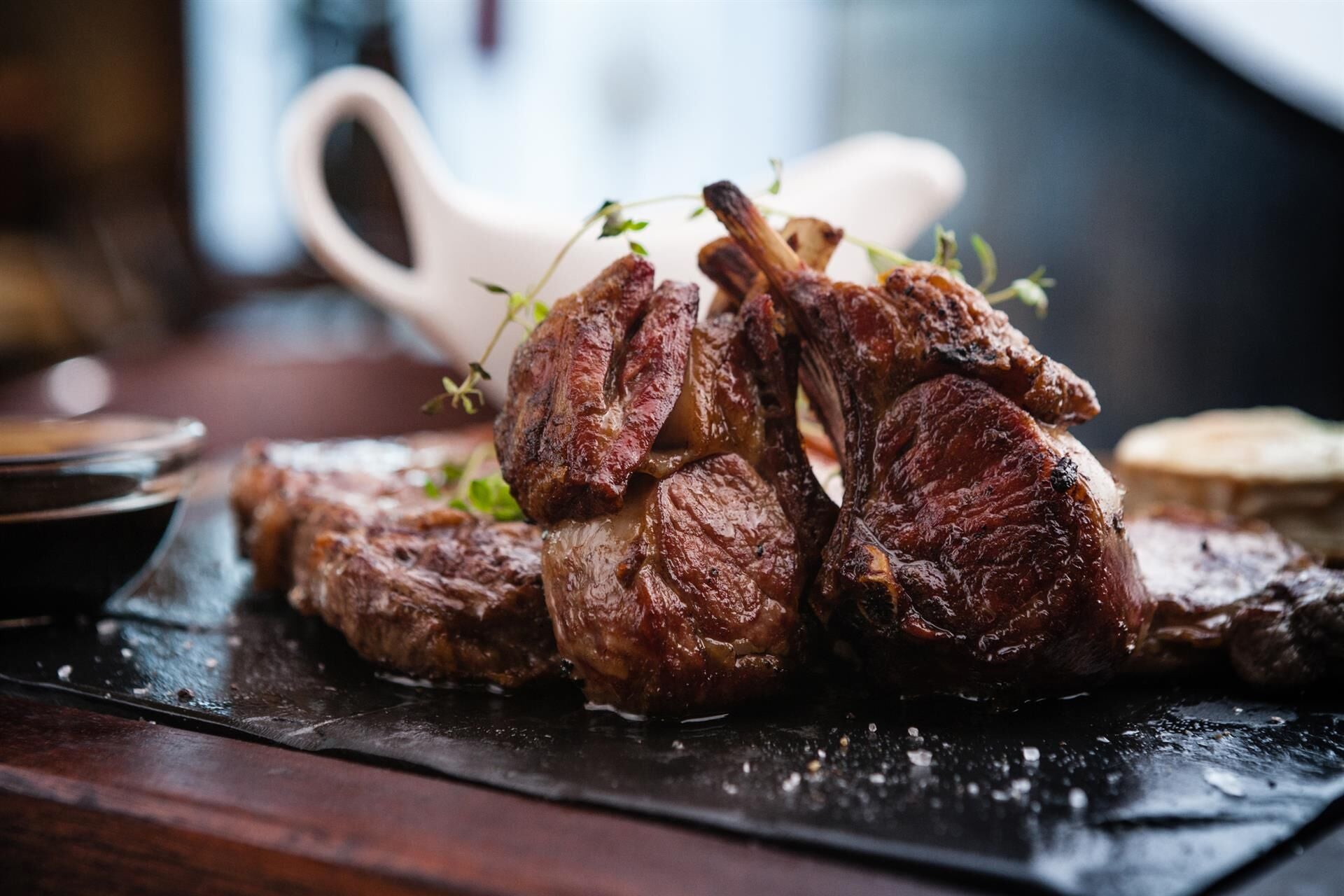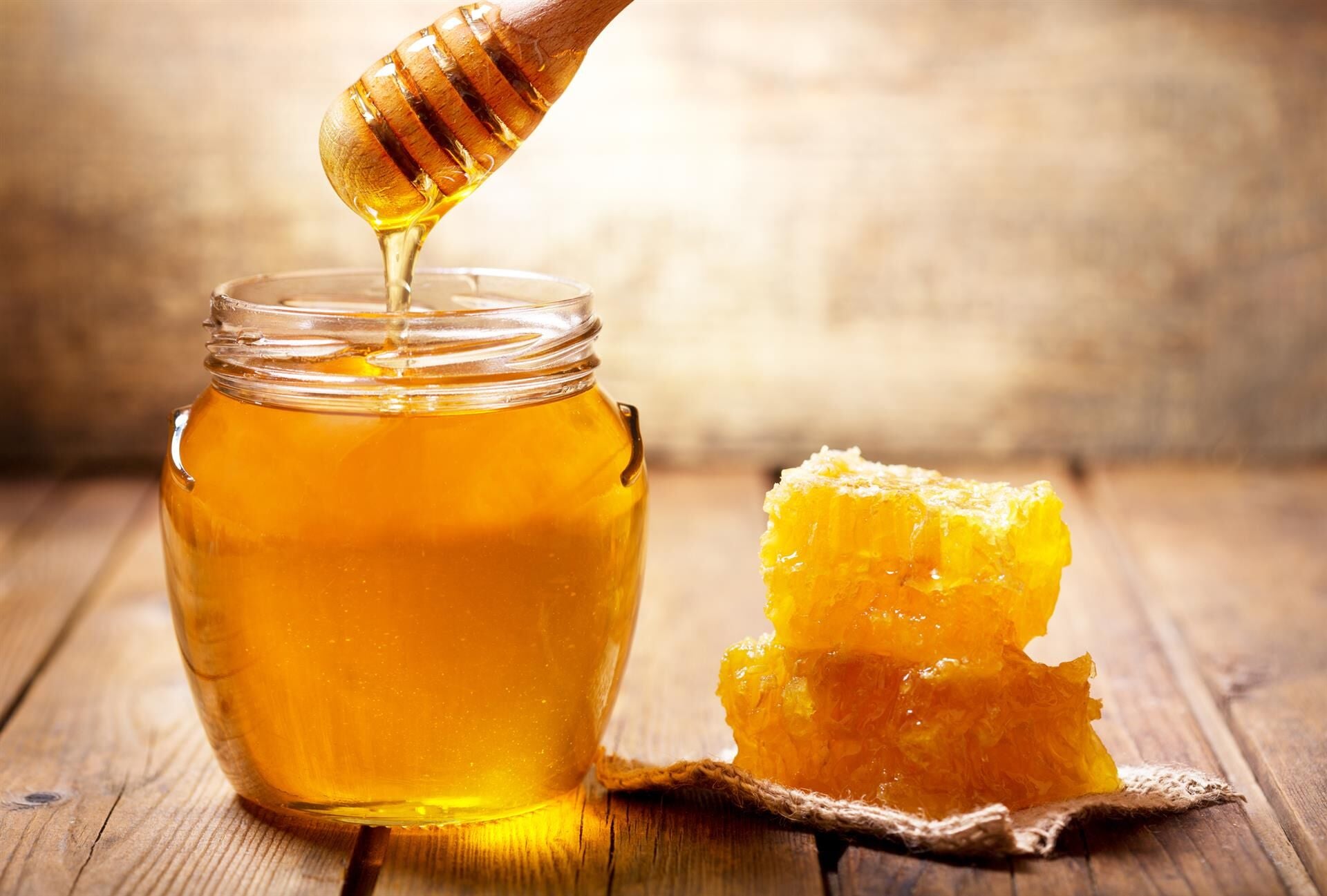
Much has been made about New Zealand’s status as “100% Pure” and how much, or how little, needs to be done to keep that claim valid.
While that debate rumbles on, the primary sector has been doing much to deliver on Prime Minister Jacinda Ardern’s promise to the United Nations in September 2019 that New Zealand will be “the most sustainable food producing country in the world.”
As overseas consumers have become increasingly sophisticated and demand to know where their food has been sourced from, all parts of the New Zealand primary sector have been working to ensure the “paddock to plate” story is more than just a story. This work ensures our food comes via a validated, traceable, sustainable supply chain, delivering consistently high quality products to meet consumer expectations.
As overseas consumers have become increasingly sophisticated and demand to know where their food has been sourced from, all parts of the New Zealand primary sector have been working to ensure the “paddock to plate” story is more than just a story.
In the pastoral sector Beef + Lamb New Zealand’s Taste Pure Nature brand launched in March 2019, rolling out in California with a digital media campaign introducing the “conscious foodies” target market to New Zealand beef and lamb’s provenance.
California was chosen because it is recognised as the market with the greatest awareness of grass-fed meat’s nutritional value and sustainable production base.
The campaign represents a remarkable level of co-operation among the three companies already well invested in the market, including Anzco, Silver Fern Farms and Alliance.
Research by Beef + Lamb NZ has shown Californian consumers will pay a premium for grass-fed, naturally reared, hormone and antibiotic free meat. The campaign aims to link consumers’ online social media and food interests, as well as targeting retail and food service providers they frequent.
Beef + Lamb NZ recognises market development and brand building is a long-term investment, and will take some years to deliver major shifts in consumer behaviour. In its first few weeks of launch the campaign generated a respectable 160 articles about Taste Pure Nature and 125 million media impressions.
Despite being in its infancy, the Taste Pure Nature campaign has already been recognised as a market leader, claiming the Primary Industry Team award at this year’s inaugural Primary Industries Awards.
China is the next market in the campaign’s sight and with its dynamic and rapidly changing environment it is expected to prove rewarding, but challenging.
As New Zealand’s primary exporters move to prove their sustainability to demanding markets, emerging blockchain technology is also doing much to help them stand by their claims.
As New Zealand’s primary exporters move to prove their sustainability to demanding markets, emerging blockchain technology is also doing much to help them stand by their claims.
Blockchain acts as a type of digital ledger, recording transactions chronologically in a data “block”, open to selected parties to view as the product moves through the supply chain.
Depending on the party in the supply chain, some documents will be visible, some will not if they are commercially sensitive, so a meat importer may be able to look into the blockchain and confirm the quantity and cost of the order they are receiving, but not what other companies are also receiving a portion of the same shipment.
Alex Sims, Auckland University head of commercial law and blockchain expert says two of the country’s largest food producers, Fonterra and Silver Fern Farms are now working with blockchain technology through their joint logistics company Kotahi and shipping giant Maersk Line.
She describes New Zealand’s food supply lines as the low-hanging fruit for the technology and the way it can help lower transaction costs for exporters and secure proof of provenance.
The same technology is also being used to prove the provenance of New Zealand manuka honey, a frequently imitated and counterfeited product.
It means recipients of manuka honey in China are able to verify the jars they have were the same ones that departed New Zealand.
In kiwifruit packhouses around the country increasingly sophisticated tracking and packing technology means post-harvest operators are now able to determine the fruit’s origin not only down to orchard, but specific blocks within that orchard.
Specifics on crop treatments and timing are available for full customer assurance that crops are meeting GLOBAL GAP (Good Agricultural Practices) standards.
Like manuka honey, kiwifruit is also vulnerable to counterfeiting, initially by changes in labelling to imitate Zespri branding, but more recently to actual Zespri-owned fruit varieties like SunGold being grown illegally in China.
With about 2000ha estimated to be illegally grown, Zespri grower and Alliance manager Dave Courtney said the market is working to develop DNA techniques and tools to identify fruit by type and even region, in order to verify its authenticity.
The efforts to ensure New Zealand’s food products are pure, validated and genuine are helping give the farmers and growers who work hard to produce them the peace of mind their marketers are able to secure top dollar for their efforts.
Duncan Ross, Bayleys National Director Rural said these efforts are a positive aspect of the primary sector that don’t always get the recognition they deserve.
“There is an intensive effort around the science and the standards growers and farmers have to meet today that matches New Zealand’s efforts to deliver premium food products to the world’s most discerning consumers.”
